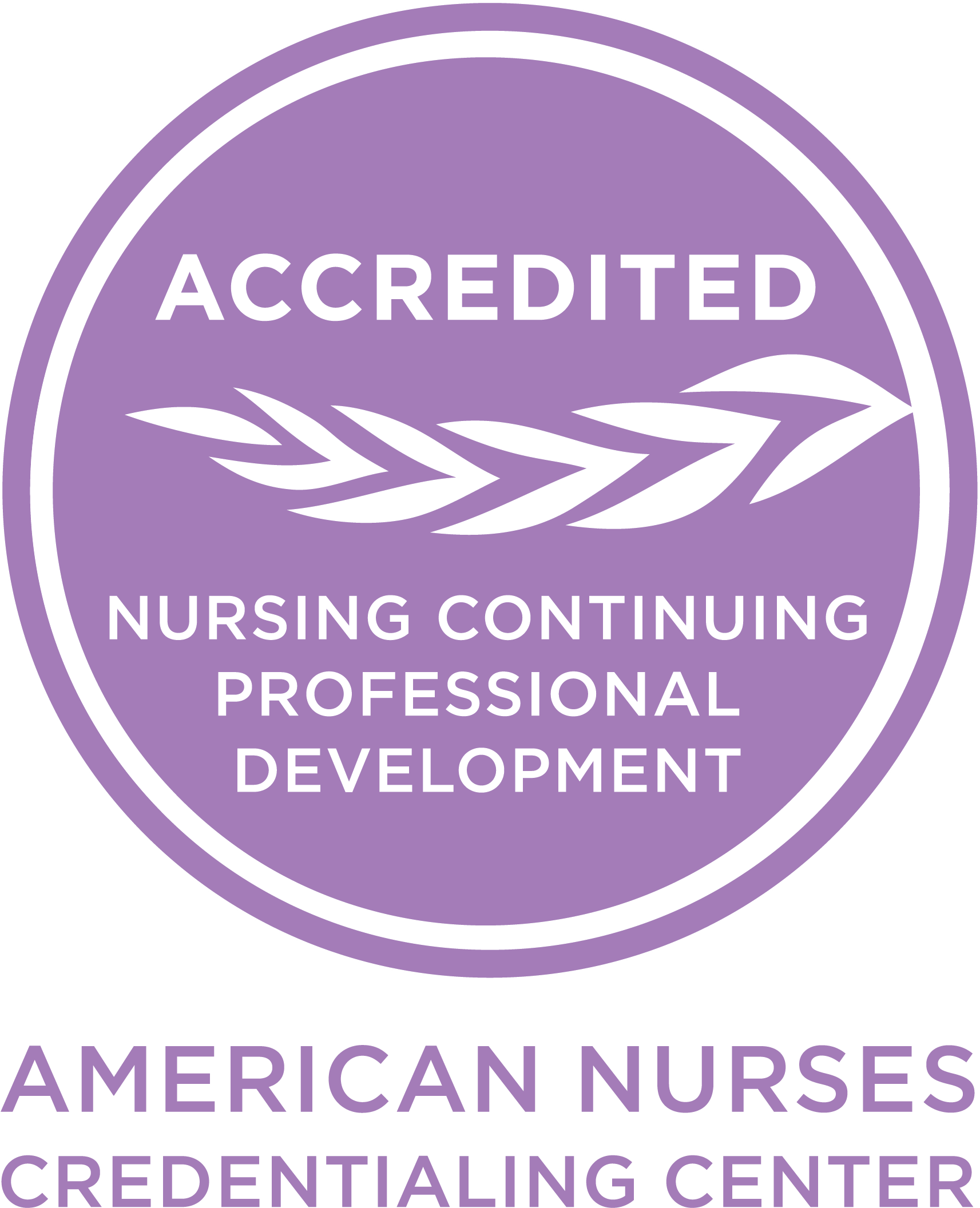What Every Healthcare Professional Needs to Know About Spiritual Care
Course Author: Sue Wintz, M.Div. BCC
Self-Guided
This course, What Every Healthcare Professional Needs to Know About Spiritual Care, is for those of all healthcare disciplines, settings, and roles who desire to know more about being a spiritual care generalist within their scope of practice. The course will provide an overview of spirituality and religion, the benefits of spiritual care, spiritual distress, spiritual screening, and spiritual conversations as well as the core skills that can improve the interventions that generalists provide. In addition, the benefits of specialist level spiritual care and team collaboration will also be explored.
SCA courses include the latest research available for the intersection of spirituality into the course topic. Students have full access to a purchased course for six months to work at their own pace. There is one test at the end of the course, and participants will have three attempts to pass or fail. Upon successful completion, students earn a certificate of completion and continuing education hours.
Learning Objectives
By the end of this course the learner will be able to:
- Define spirituality, summarize the unique ways in which it may be expressed by persons, and identify its benefits.
- Describe the concepts of spiritual care, including differentiating between spiritual, pastoral and chaplaincy care.
- Recognize and illustrate the value of spiritual care in specific care settings.
- Differentiate between specialist and generalist spiritual care and the role of each.
- Screen and evaluate patients and families to determine who would benefit from specialist spiritual care.
- Distinguish unique elements of the spiritual care delivery process.
- Conduct a spiritual care conversation.
Course Outline
- Introduction
- Health Care Disciplines and Spirituality
- Definitions of Spirituality
- Differentiating Spirituality and Religion
- Spirituality’s Unique Expressions
- Benefits of Spirituality and Spiritual Well-Being
- Spiritual Distress
- Spiritual Care
- Specialist Spiritual Care
- Generalist Spiritual Care
- Spiritual Screening
- Spiritual Care Conversations
- When to Refer to the Chaplain as the Spiritual Care Specialist
- Additional Training
- Summary
- Additional Resources
- References
Aligns with the following Quality Indicators in What is Quality Spiritual Care in Health Care and How Do You Measure It? (HCCN. 2016).
- Structural Indicator 1.C. Information is provided about the availability of spiritual care services.
- Process Indicator 2.B. All clients are offered the opportunity to have a discussion of religious/spiritual concerns.
- Process Indicator 2.F. Spiritual care is provided in a culturally and linguistically appropriate manner. Clients’ values and beliefs are integrated into plans of care.
- Process Indicator 2.G. End of life and Bereavement Care is provided as appropriate to the population served.
Number of Continuing Education Hours for Spiritual Care for Nurses: 12

